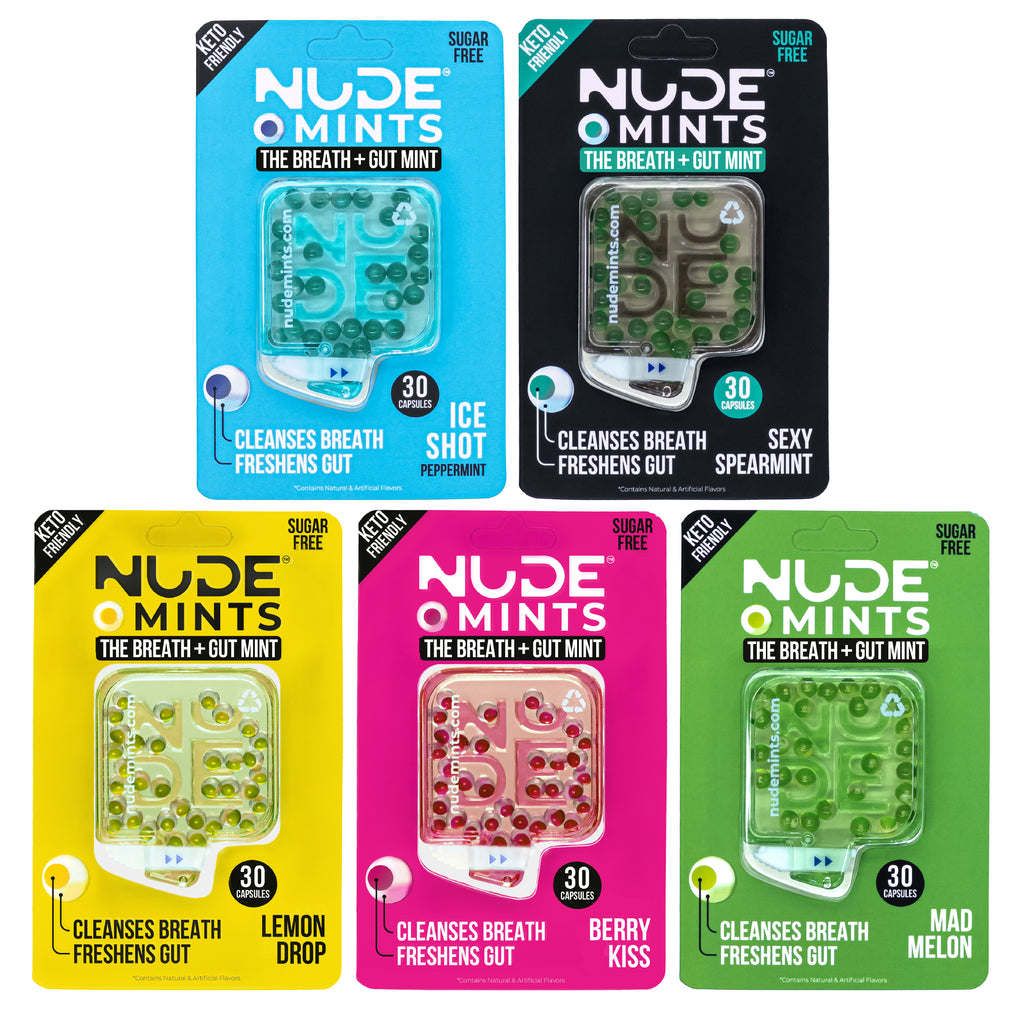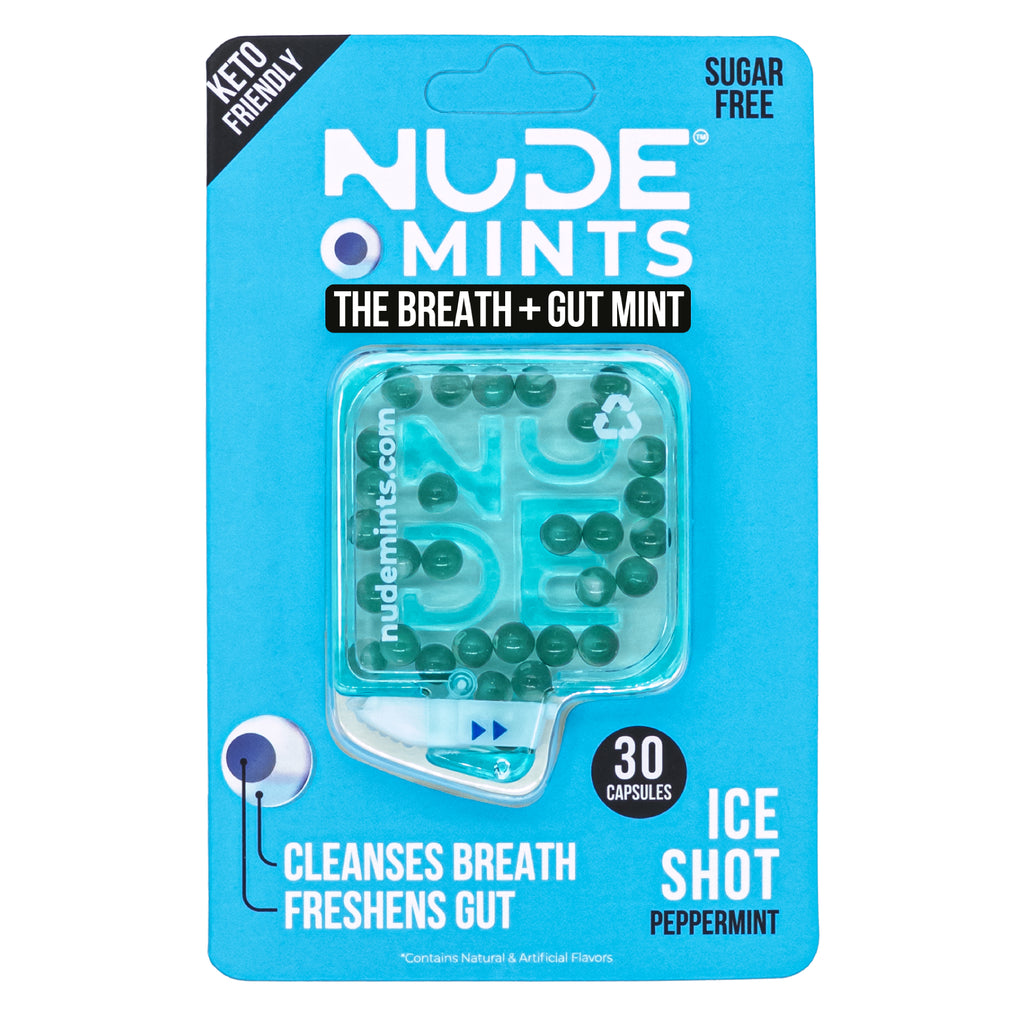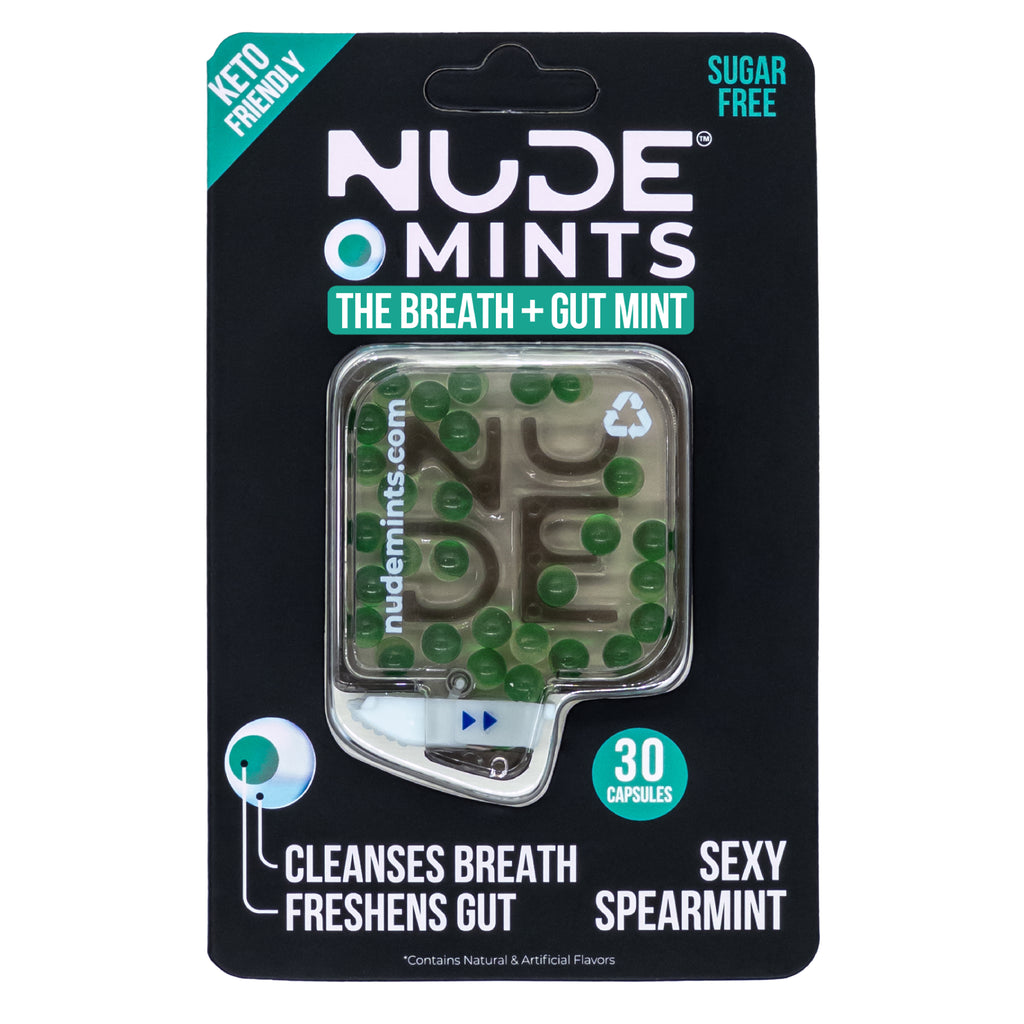Chewing Gum: Does it Actually Work?
-
Individuals have been chewing gum in varied varieties for 1000’s of years. Unique gums have been made out of the sap of timber, reminiscent of spruce, or Manilkara chicle. Nonetheless, most trendy chewing gums are made out of artificial rubbers. This text explores the health advantages and potential dangers of chewing gum.
What Is Chewing Gum?
Chewing gum is a gentle, rubbery substance that is designed to be chewed however not swallowed.
Recipes can fluctuate between manufacturers, however, all chewing gums have the next fundamental elements:
- Gum: The non-digestible, rubbery base used to offer gum its chewy high quality.
- Sweeteners: Widespread ones which include cane sugar, beet sugar, and corn syrup. Sugar-free gums use sugar alcohols like xylitol or synthetic sweeteners like aspartame.
- Flavorings: Added to offer the desired taste. They are often man-made or natural.
- Softeners: These are used to retain moisture and forestall the gum from hardening. They’ll include waxes like paraffin or vegetable oils.
- Resin: Normally added to strengthen gum and maintain it collectively.
- Preservatives: These are added to increase shelf life. The preferred selection is a natural compound referred to as butylated hydroxytoluene (BHT).
- Fillers: Fillers, reminiscent of calcium carbonate or talc, are used to offer gum texture.
Most chewing gum producers maintain their precise recipes a secret. They usually check with their particular mixture of gum, resin, filler, softeners, and antioxidants as their “gum base.”
All elements used within the processing of chewing gum must be “food grade” and labeled as safe to eat. Chewing gum is a sweet that is designed to be chewed however not swallowed. It is made by mixing a gum base with sweeteners and flavorings.
Are the Components in Chewing Gum Safe to Eat?
Usually, chewing gum is taken into account to be safe. Nonetheless, some manufacturers of chewing gum include small quantities of controversial elements. Even in these circumstances, the quantities are usually a lot decrease than the quantities thought of to be harmful.
Butylated Hydroxytoluene (BHT)
BHT is an antioxidant that is added to many processed meals as a preservative. It stops food from going bad by stopping fat from changing into rancid.
Its use is controversial, as some animal research has proven excessive doses could cause most cancers. But, the outcomes are blended, and different researchers have not discovered this impact. Total, there is only a few human research, so its results on persons are comparatively unknown.
However, at low doses of around 0.11 mg per pound of body weight (0.25 mg per kg), BHT is deemed usually secure by each the FDA and EFSA.
Titanium Dioxide
Titanium dioxide is a standard food additive used to whiten merchandise and provides them an easy texture. Some animal research has linked very excessive doses of titanium dioxide with the nervous system and organ harm in rats.
Nonetheless, research has offered blended outcomes, and its results in people are comparatively unknown. For the time being, the quantity and kind of titanium dioxide persons are uncovered to in food is mostly thought of to be secure. However, extra analysis is required to find out the safe consumption restriction.
Aspartame
Aspartame is a man-made sweetener generally present in sugar-free meals. It is extremely controversial and has been claimed to trigger a spread of issues from complications to weight problems to most cancers.
Nonetheless, there’s presently no proof that aspartame causes most cancers or weight achieve. Proof for a connection between aspartame and metabolic syndrome or complications can be weak or nonexistent.
Total, consuming quantities of aspartame which might be throughout the everyday consumption suggestions is not regarded as dangerous.
Chewing gum hasn’t been linked to many severe health results, however elements added to some manufacturers of chewing gum are controversial.
Chewing Gum Can Cut back Stress and Increase Reminiscence
Research has discovered that chewing gum whereas performing duties can enhance varied elements of mind operate, together with alertness, reminiscence, understanding, and determination making.
In a single test, individuals who chewed gum throughout exams carried out 24% higher in short-term reminiscence exams and 36% higher in long-term reminiscence exams. Curiously, some research has discovered that chewing gum throughout duties may very well be a little bit of a distraction, in the beginning, however, they may provide help to focus for longer intervals.
Different research has solely discovered advantages throughout the first 15–20 minutes of a job. How chewing gum improves reminiscence is not absolutely understood. One principle is that this enhancement is because of elevated blood circulate to the mind brought on by chewing gum.
Research has additionally discovered that chewing gum might scale back stress and enhance emotions of alertness. In college students, chewing gum for 2 weeks decreased emotions of stress, significantly in relation to tutorial workload. This may very well be because of the act of chewing, which has been linked to decreased ranges of stress hormones like cortisol.
The advantages of chewing gum on reminiscence have solely been proven to final whilst you’re chewing the gum. Nonetheless, recurring gum chewers might profit from feeling extra alert and fewer pressured all through the day.
Chewing gum might assist enhance your reminiscence. It has additionally been linked to decreased emotions of stress.
In addition to chewing gum, a pack of Nudemints offers the same result. It gives you a boost in confidence, reduces stress, as well as freshens your breath, and cleanses your gut.
Chewing Gum May Assist You Lose Weight
Chewing gum may very well be a useful software for these making an attempt to lose weight. It’s because it is each candy and low in energy, providing you with a candy style without blowing your weight loss program.
It has additionally been advised that chewing might scale back your urge for food, which might forestall you from overeating. One small examination discovered that chewing gum after lunch decreased starvation and decreased snacking later within the day by around 10%. One other newer examination discovered related outcomes.
Nonetheless, the general outcomes are blended. Some researchers have reported that chewing gum doesn’t have an effect on the urge for food nor vitality consumption over the course of a day.
One study even discovered that individuals who chewed gum have been much less more likely to snack on wholesome snacks like fruit. Nonetheless, this can be as a result of the individuals have been chewing minty gum earlier than consuming, which made the fruit style bad.
Curiously, there may be additionally some proof that chewing gum can increase your metabolic rate. In reality, one examination discovered that when individuals chewed gum, they burned around 19% extra energy than after they did not chew gum. Nonetheless, extra analysis is required to find out if chewing gum results in a distinction in scale weight over the long run.
Chewing gum might provide help to minimize energy and drop pounds. It might additionally assist scale back emotions of starvation and provide help to eat much less, though the outcomes are inconclusive.
Chewing Gum May Assist Shield Your Enamel and Cut back Dangerous Breath
Chewing sugar-free gum might assist defend your teeth from cavities. It is higher in your teeth than common, sugar-sweetened gum. It’s because sugar feeds the “bad” bacteria in your mouth, damaging your teeth.
Nonetheless, some sugar-free gums are higher than others in the case of your dental health. Research has discovered that chewing gums sweetened with sugar alcohol xylitol are simpler than different sugar-free gums at stopping tooth decay.
It’s because xylitol prevents the expansion of the bacteria that trigger tooth decay and bad breath. In reality, one research discovered that chewing xylitol-sweetened gum decreased the number of bad bacteria within the mouth by as much as 75%.
Moreover, chewing gum after a meal will increase saliva circulate. This helps wash away dangerous sugars and food particles, each of which feeds bacteria in your mouth.
Chewing sugar-free gum after a meal might assist maintain your teeth wholesome and forestall bad breath.
Along with the advantages above, chewing gum has been linked to different advantages.
They are the following:
- Helps your intestine get better after the surgical procedure: Research has proven that chewing gum after an operation might velocity up restoration time.
- Helps you stop smoking: Nicotine gum might assist folks to stop smoking.
Chewing gum might assist folks to stop smoking, forestall center ear infections in kids and assist your intestine return to regular operations after surgical procedure.
Are There Any Facet Results of Chewing Gum?
Whereas chewing gum has some potential advantages, chewing an excessive amount of gum might trigger some undesirable unwanted side effects.
Sugar-Free Gums Comprise Laxatives and FODMAPs
The sugar alcohols used to sweeten sugar-free gum have a laxative impact when utilized in massive quantities. Because of this chewing, numerous sugar-free gum might trigger digestive misery and diarrhea. Moreover, all sugar alcohols are FODMAPs, which implies that they’ll trigger digestive issues for folks with irritable bowel syndrome (IBS).
Sugar-Sweetened Gum Is Dangerous for Your Enamel and Metabolic Health
Chewing gum sweetened with sugar is absolutely bad in your teeth. It’s because sugar is digested by the bad bacteria in your mouth, inflicting a rise within the quantity of plaque in your teeth and tooth decay over time. Consuming an excessive amount of sugar can be related to a number of health problems like weight problems, insulin resistance, and diabetes.
Chewing Gum Too Typically May Trigger Issues With Your Jaw
It has been advised that fixed chewing might result in a jaw downside referred to as temporomandibular dysfunction (TMD), which causes ache once you chew. Though this situation is uncommon, some research has discovered a hyperlink between extreme chewing and TMD.
Chewing Gum Has Been Linked to Complications
One latest assessment discovered a hyperlink between recurrently chewing gum, migraines, and pressure complications in folks susceptible to those circumstances.
Extra analysis is required to search out out if chewing gum truly causes these complications. Nonetheless, the researchers concluded that migraine victims may wish to restrict their gum chewing.
Chewing an excessive amount of gum might trigger issues like jaw ache, complications, diarrhea, and tooth decay. Chewing sugar-free gum could cause digestive signs in folks with IBS.
Which Chewing Gum Ought to You Select?
For those who like chewing gum, it is best to decide on a sugar-free gum made with xylitol. The principal exception to this rule is folks with IBS. It’s because sugar-free gum accommodates FODMAPs, which may trigger digestive issues in folks with IBS.
Alternatively, those that cannot tolerate FODMAPs ought to select a gum sweetened with a low-calorie sweetener reminiscent of stevia.
Make sure that to learn the ingredient record in your gum to verify it does not include something you’re illiberal to.
Grab Some NUDE Mints Today
NUDE mints offer the same benefits of chewing gum with less downsides. Made with novel technology from Japan, you’ll get instant fresh breath and a confidence boost. Buy a pack of NUDE mints available in Ice Shot, Berry Kiss, Citrus Squeeze, Lemon Drop and Mad Melon.
Get the freshest news on your favorite mouth cleanser and gut freshener!
Read More
-
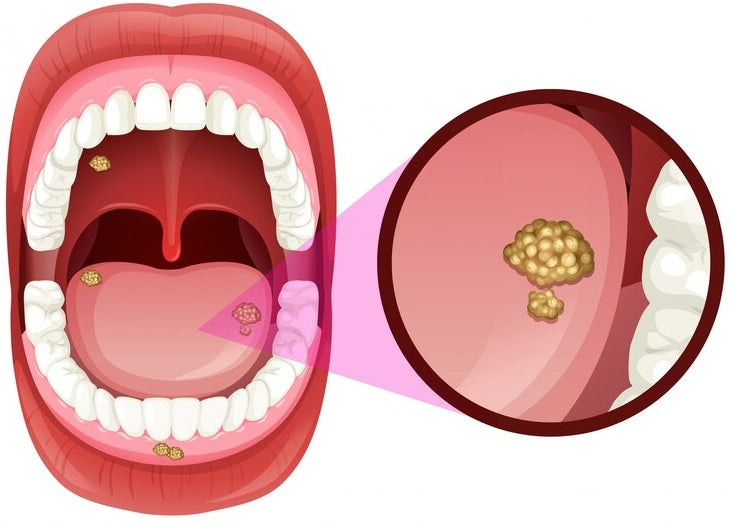
Halitosis: Understanding the Causes, Diagnosis, and Treatment for Fresh Breath
Halitosis, commonly known as bad breath, is a condition that affects a large number of people worldwide. It can be an embarrassing and isolating experience, but it is important to know that it is a common problem and that there are effective treatments available. In this article, we will discuss the causes, diagnosis, and treatment of halitosis. Causes of Halitosis Halitosis can have several causes, both internal and external. The most common causes include poor oral hygiene, dry mouth, certain foods and drinks, smoking, and certain medical conditions. Poor Oral Hygiene Poor oral hygiene is the most common cause of halitosis. When food particles and bacteria build up in the mouth, they can cause an unpleasant odor. Brushing and flossing...
-
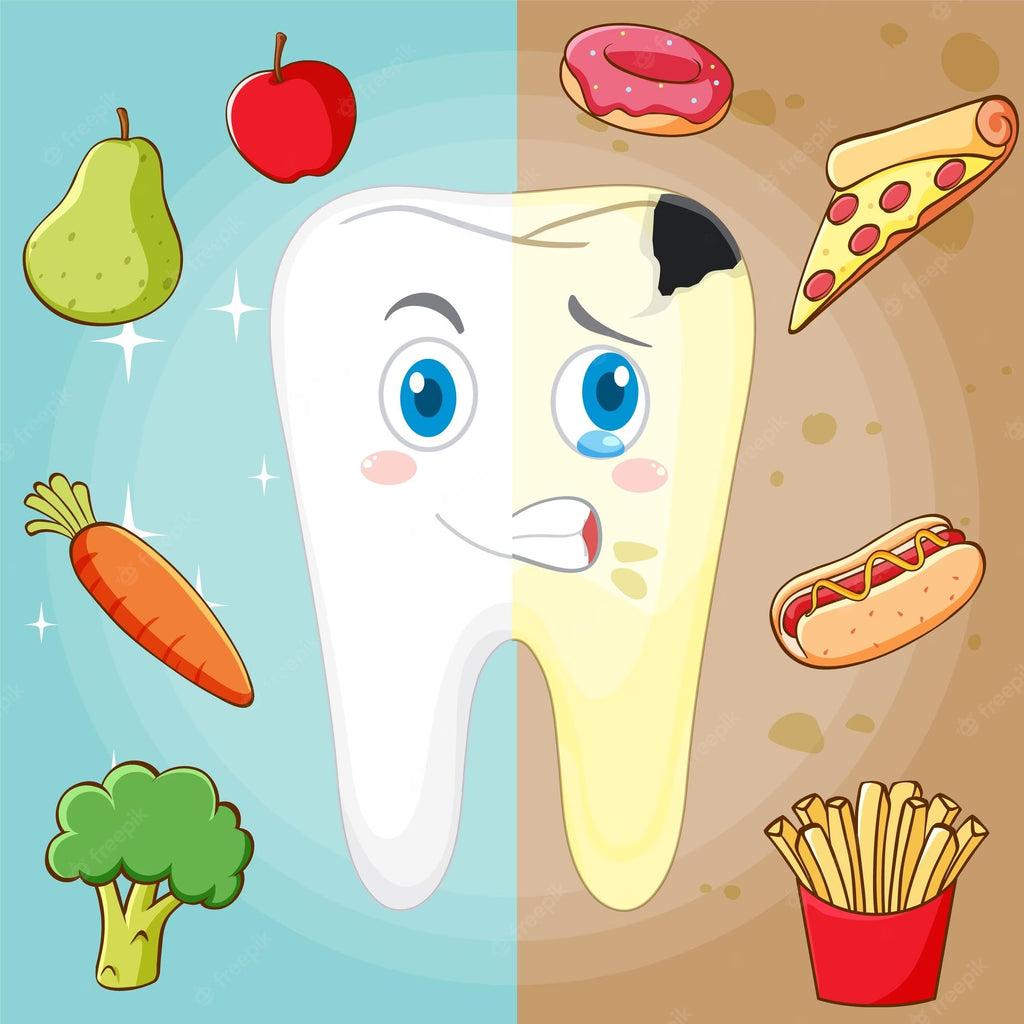
Crucial Connection Between Nutrition and Oral Health: Guide for Better Dental Care
As a dental health professional, we understand the importance of maintaining good oral hygiene to prevent cavities and gum disease. Brushing twice a day and flossing daily are essential habits, but did you know that nutrition also plays a crucial role in keeping your mouth healthy? In this article, we will explore the connection between nutrition and oral health and how you can make better food choices to support your dental health. How Nutrition Affects Oral Health Your diet can impact your oral health in many ways. A diet high in sugary and acidic foods can increase the risk of tooth decay and gum disease. When you eat sugary foods, the bacteria in your mouth feed on the sugar and...
-
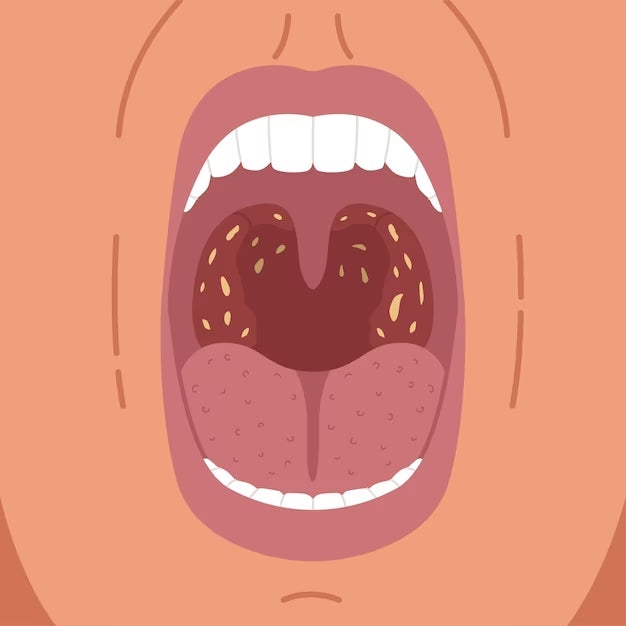
How to Treat Bad Breath Caused by Dry Mouth
Do you ever feel self-conscious about your breath? Do people avoid talking to you because of bad breath? Dry mouth, also known as xerostomia, can cause bad breath and make social interactions uncomfortable. In this article, we will discuss what causes dry mouth, how it leads to bad breath, and what you can do to treat it. Table of Contents What is dry mouth? Causes of dry mouth How dry mouth causes bad breath Signs and symptoms of dry mouth Diagnosis of dry mouth Treating dry mouth Home remedies for dry mouth Professional treatments for dry mouth Tips for maintaining oral hygiene Foods and drinks to avoid with dry mouth Conclusion FAQs What is dry mouth? Dry mouth occurs when...
-
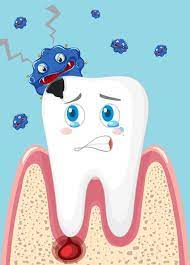
The Relationship Between Diabetes and Gum Disease: Understanding the Link
Diabetes and gum disease are two conditions that may seem unrelated, but research has shown that they are actually closely linked. In fact, individuals with diabetes are more likely to develop gum disease, and those with gum disease are more likely to have difficulty controlling their blood sugar levels. This article will explore the connection between diabetes and gum disease, and provide insights on how you can reduce your risk of developing both. The Relationship Between Diabetes and Gum Disease Diabetes is a condition that affects the body's ability to produce or respond to insulin, a hormone that regulates blood sugar levels. When blood sugar levels are consistently high, it can lead to a range of health complications, including nerve...
